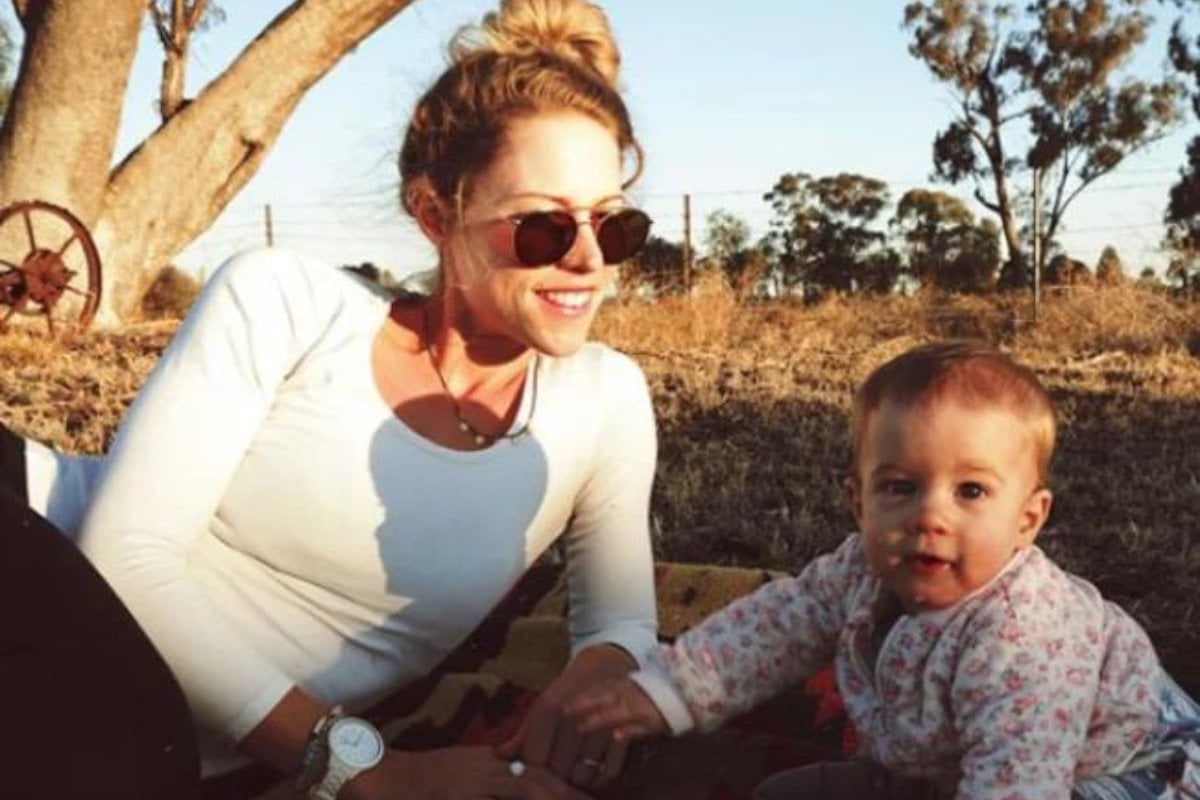
I am in the 50 per cent of Australian parents who have smacked their child. I'm not proud of it and I stopped smacking years ago because it made everyone feel worse in already difficult situations. I also considered the evidence base which showed higher rates of anxiety and depression emerging in adults who were smacked as children. But new research out of The University of Queensland surveying 8500 Australians aged 16-25 has found 1 in 4 parents still think smacking is okay.
It's likely these are conservative figures as this survey relied on people self-reporting a behaviour that many of us now realise is wrong. The figures might seem surprisingly high, but there are a few reasons why smacking is such a deeply entrenched form of discipline in Australia. Physical punishment was only banned in private schools in 2006 and it remains legal in Australia for parents to use 'reasonable force' in disciplining their children. Also, 60 per cent of respondents in the survey were smacked themselves and that was found to make people more likely to smack when disciplining their own children.
Watch: Is it okay to smack our kids? Post continues below.
The other problem is that translating parenting research into evidence-based practice is notoriously slow and difficult. Research pointing to the ill effects of smacking began mounting as early as the 1970s, yet views that smacking is okay persist albeit mostly in the older age groups. Parenting is laden with cultural beliefs, 'old wives' tales' and social expectations which can often cloud the literature.


Top Comments